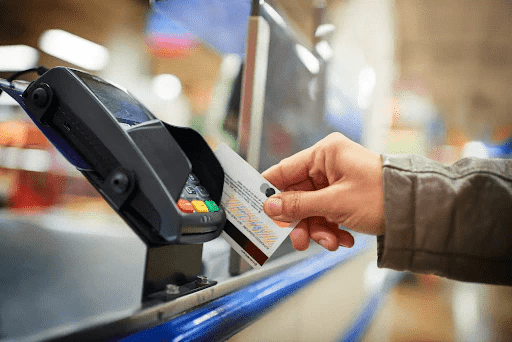Credit Card Terminal Types: Choosing the Right Solution for Your Business

Introduction
As businesses strive to provide customers with seamless and secure payment experiences, choosing the right credit card terminal is crucial. The various types of terminals cater to specific business needs and offer distinct advantages. This blog explores the different credit card terminal types to help you make an informed decision for your business.
Countertop Terminals
Countertop credit card terminals are the traditional, wired devices that are commonly seen in retail and restaurant settings. They are connected to a phone line or internet connection and require a power source. These terminals are reliable, sturdy, and offer fast transaction processing. They are ideal for businesses with a fixed point of sale location.
Wireless Terminals Wireless
credit card terminals offer more flexibility than their countertop counterparts, as they can be carried around the business premises. These devices use Wi-Fi, cellular networks, or Bluetooth to connect to the payment processor. They are perfect for businesses that require mobility, such as pop-up shops, food trucks, or restaurants with tableside payment options.
Mobile Card Readers
Mobile card readers turn smartphones or tablets into credit card terminals using a small hardware attachment and a dedicated app. They are cost-effective, portable, and easy to use, making them suitable for small businesses, freelancers, and mobile service providers. However, they may have limited features compared to dedicated terminals.
Virtual Terminals
Virtual terminals allow businesses to process credit card transactions without a physical device. They enable merchants to manually enter card information into a secure web-based system, which is ideal for phone or mail-order businesses. Virtual terminals are also useful for processing transactions when a physical terminal is not available.
Conclusion and Recommendations
The right credit card terminal for your business depends on factors such as the nature of your business, the need for mobility, transaction volume, and available features. Countertop terminals are best for businesses with a fixed location, while wireless terminals provide flexibility for mobile businesses. Mobile card readers cater to small businesses with lower transaction volumes, and virtual terminals are perfect for businesses without a physical point of sale.
Consider your unique business requirements and weigh the pros and cons of each terminal type before making a decision. Keep in mind that a combination of terminal types may be necessary to optimize your payment processing and provide the best customer experience.




